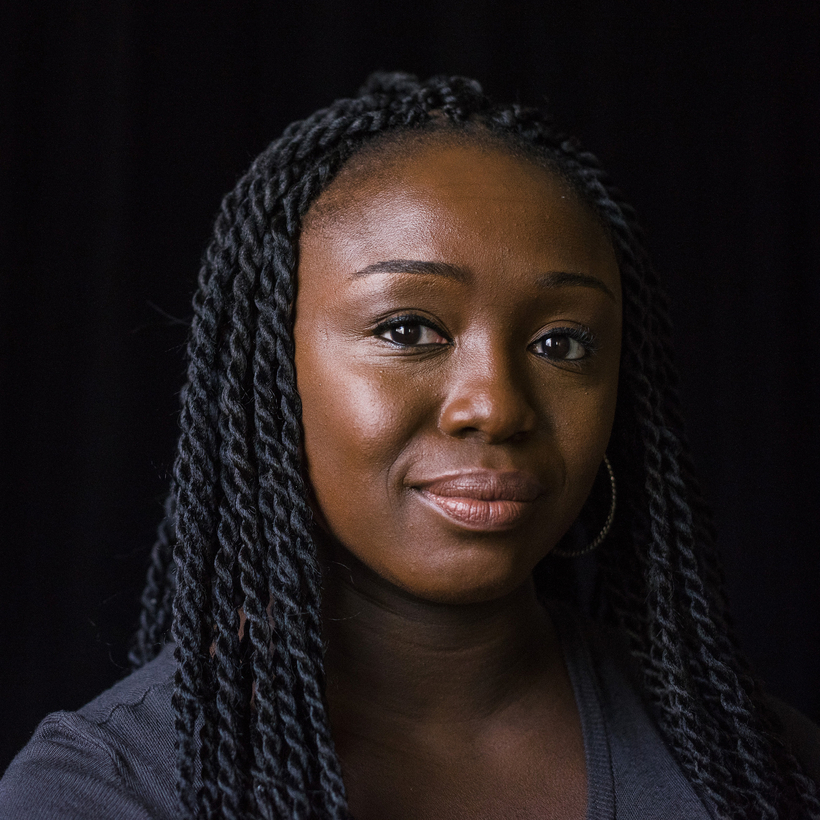Jocelyn Bioh’s first taste of the theater was in a 15-minute-long high-school production of The Lion King. She played Rafiki, an eccentric baboon shaman. “I just remember the roar of the audience,” says Bioh. “We had a three-minute standing ovation. I just thought it was the best feeling ever.”
Since then, Bioh, 40, has performed in several productions, both on and off Broadway; worked in the writers’ rooms for Spike Lee’s TV adaptation of his movie She’s Gotta Have It and the mini-series Tiny Beautiful Things; and written several critically acclaimed plays, including an adaptation of The Merry Wives of Windsor, for the 2021 run of Shakespeare in the Park.


